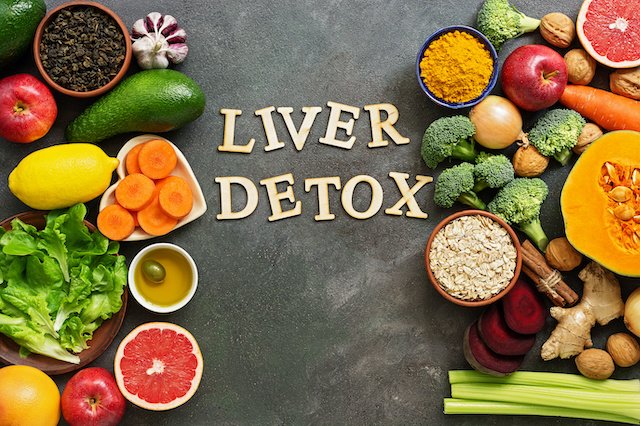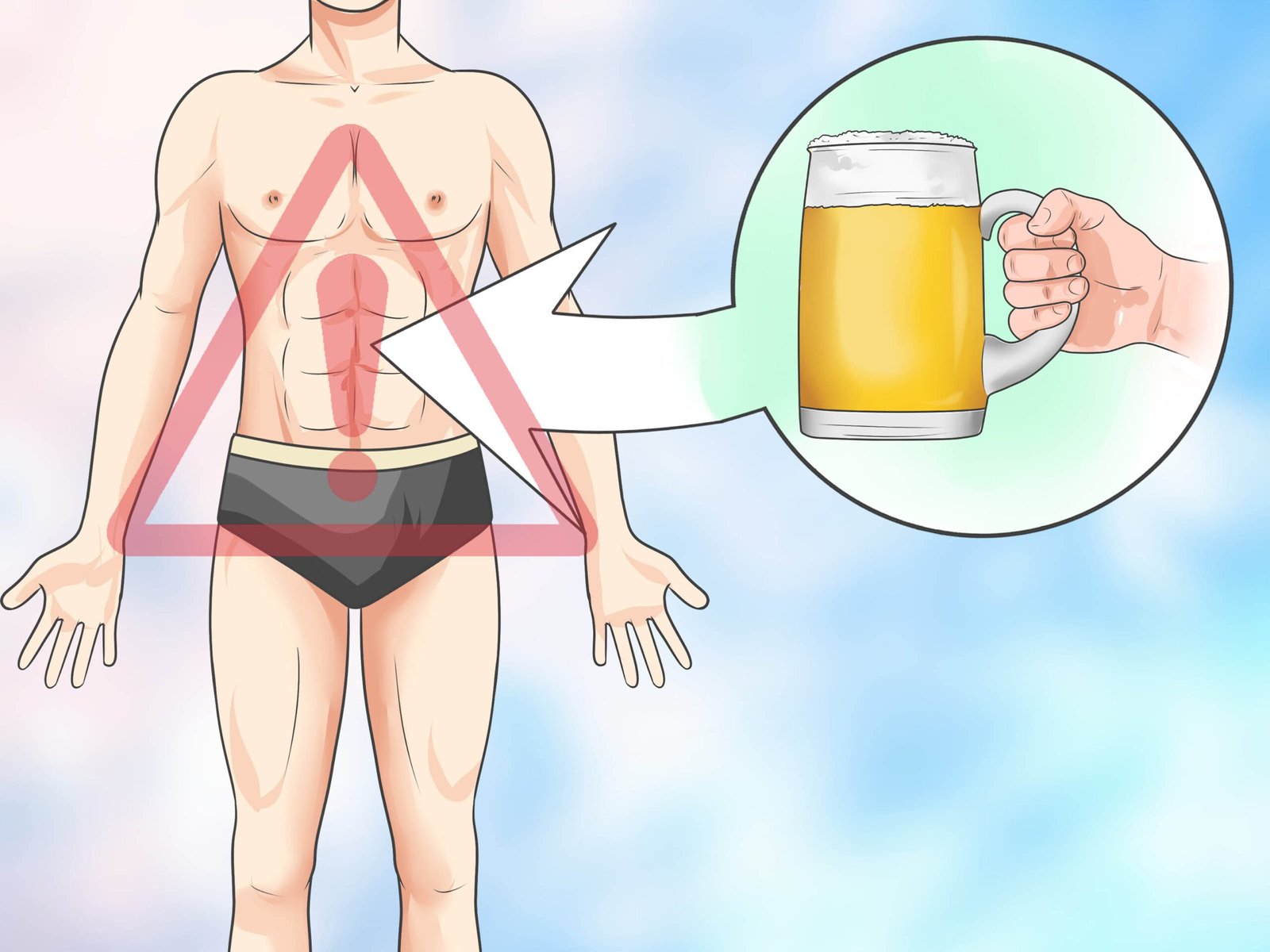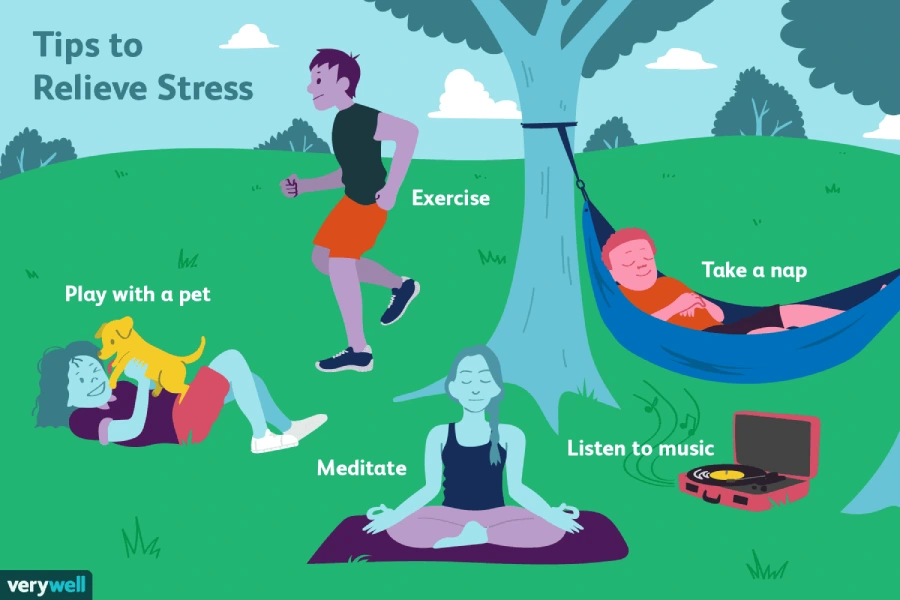One of the most frequently used psychoactive drugs worldwide is alcohol. From casual social drinking to harmful dependency, understanding how alcohol works in the human body is vital for making informed choices. This article explains how alcohol is processed, how it affects different organs, and what long-term effects it can have on the body.
What Happens When You Drink Alcohol?
When you take a sip of alcohol—whether it’s beer, wine, or spirits—it begins its journey through your body right away.
Absorption Through the Stomach and Small Intestine
Unlike meals, alcohol doesn’t need to be broken down. About 20% of alcohol is absorbed directly through the stomach lining, and the remaining 80% is absorbed through the small intestine. From there, it enters the bloodstream, where it starts affecting the body and brain within minutes.
How Alcohol Affects the Brain
Alcohol enters the bloodstream and immediately travels to the brain, where it functions as a central nervous system depressant.
Impact on Neurotransmitters
Alcohol influences neurotransmitters such as dopamine and GABA (gamma-aminobutyric acid). GABA has a calming effect, which is why alcohol can make you feel relaxed. At the same time, dopamine causes feelings of pleasure and reward, making alcohol feel enjoyable at first.
However, as you continue to drink, alcohol can impair judgment, coordination, speech, and memory. In higher amounts, it can cause blackouts, unconsciousness, or even alcohol poisoning.
Liver: The Body’s Detox Center

The liver is responsible for breaking down and eliminating alcohol from the body.
Metabolizing Alcohol
Alcohol is first broken down into acetaldehyde, a hazardous substance, by the enzyme alcohol dehydrogenase (ADH). Acetaldehyde is subsequently broken down into acetic acid, which is eventually eliminated from the body as carbon dioxide and water.
The liver can usually metabolize around one regular alcoholic beverage every hour. Drinking more than that overwhelms the liver, leading to higher blood alcohol concentration (BAC) and intoxication.
Short-Term Effects of Alcohol
The immediate consequences of alcohol use vary according to quantity and rate of consumption. These include:
- Slurred speech
- Blurred vision
- Impaired coordination
- Slowed reaction time
- Drowsiness
- Euphoria or mood changes
In large quantities, alcohol can cause vomiting, dehydration, or even alcohol poisoning, a potentially deadly condition that requires immediate medical attention.
Long-Term Effects of Alcohol on the Body
Regular heavy drinking can have severe consequences on health. Long-term effects include:
Liver Damage
Chronic alcohol use can cause fatty liver, alcoholic hepatitis, fibrosis, and eventually cirrhosis, which is permanent liver damage.
Heart and Blood Pressure
Alcohol can raise blood pressure and increase the risk of stroke, arrhythmias, and cardiomyopathy.
Brain Damage
Long-term alcohol abuse can shrink brain tissue, impair cognitive function, and lead to mental health disorders like depression and anxiety.
Dependency and Addiction
Continued alcohol use can lead to tolerance, dependence, and ultimately alcohol use disorder (AUD), a serious medical condition requiring treatment.
How the Body Eliminates Alcohol
After the liver processes alcohol, the byproducts are eliminated from the body in three different ways:
- Breath: This is why breathalyzers work.
- Urine: Alcohol is filtered through the kidneys.
- Sweat: A small amount exits through the skin.
Understanding how alcohol works in the human body can help you make better decisions about consumption. While moderate drinking may be safe for many, excessive or chronic alcohol use can lead to serious health risks. If you’re concerned about your alcohol use or someone else’s, seek professional help and support.
Discover how alcohol works in the human body—from absorption in the stomach to its effects on the brain, liver, and overall health. Learn how your body processes alcohol and the risks of overconsumption. For more insightful topics like this, visit mapupa – Search anything for your information.
10 Superfoods to Boost Your Energy Levels
The Benefits of a Mediterranean Diet
Read Also: ecommerce natural body cure products
![]()





